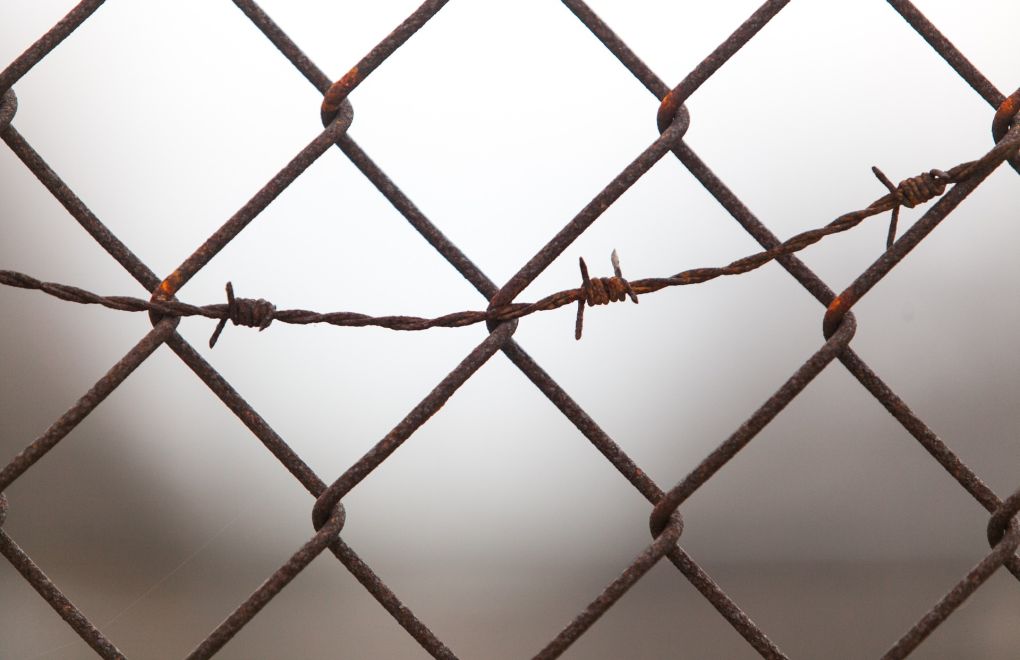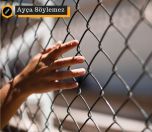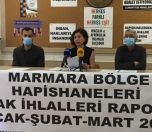Click to read the article in Turkish
The sister of İlhan Kaya, a prisoner arrested in Bolu Type F Prison in western Turkey, has spoken to bianet, saying that "the prison administration has stepped up both psychological and physical torture."
According to what his sister has said, even though it is not forbidden, İlhan Kaya and other fellow prisoners have not been given newspapers and magazines in prison. In protest against this, the prisoners have staged a sit-in protest and chanted slogans in prison:
"My elder brother said that while they were staging a sit-in protest and chanting slogans in the place where they go out for fresh air on January 13, they were attacked by around 10-15 prison wardens who entered the place. My elder brother İlhan Kaya said that he was kicked on the floor. He told us about this during our phone call.
"He said that they did not take the prisoners to see a doctor after this battery. When we went there for visitations, we also witnessed that the sit-in protesters were dragged on the floor."
Arrested pending trial in March 2018, İlhan Kaya was first in Sincan Prison in the capital city of Ankara. Then, he was transferred to Bolu Type F Prison. The family of Kaya live in İstanbul.
His sister has said that the visitation days are constantly changed: "Prisoners' relatives are not informed about these changes; when we call them to ask, they say that we need to check it on the prison's website.
"As not all prisoners' relatives can use the Internet, they are aggrieved as a result of this, some families cannot go to visits. The letters are either not delivered or delivered quite late."
'Two-fold increase in rights violations'
The Human Rights Association (İHD) İstanbul Branch Prison Commission has recently released a report titled "2020 Report on Rights Violations in Marmara Region' Prisons", which also covers the Bolu Type F Prison.
The report has raised concerns that the violations of rights have increased almost twofold in Marmara's prisons in a year.
According to the report, while 2,186 violations of rights were reported based on the complaints made to the association in 2019, this number increased to 4,805 in 2020. While 810 of these rights violations were related to the right to healthcare and treatment, 783 were about ill treatment, battery and torture, 1,332 were about the right of communication, 785 were about the failure to take measures against COVID-19 and 385 were about prisoners' access to adequate and healthy nutrition and clean water.
Some of these rights violations were as follows:
"Preventing ill prisoners from being released or transferred to the Forensic Medicine Institute, cancelling their transfers to hospital, preventing prisoners from going to the infirmary, ill treatment, psychological pressure, solitary confinement, barring prisoners from using their right to chat, do sports and use shared spaces, transferring prisoners as an exile, failing to meet their demands for transfer, barring them from using their right to have a phone call, banning periodicals, non-periodicals, books and letters, insufficient food and food of low quality, muddy service water, no service water, insufficient hygiene measures, inadequate hygiene and cleaning products; and after the law on criminal enforcement, usurping prisoners' right to supervised release, eliminating their right to release on probation, failure to let them go to the infirmary, failure to give medication that needs to be used regularly, strip search, ban on visitations, cancellation of visitations, bans on periodicals, non-periodicals, books and letters, ban on using the canteen, forcing prisoners to buy certain brands for extremely high prices, forcing to be an agent, discriminatory practices in execution, preparing the ground for violence by other prisoners, violation of right to life/ suspicious death, arbitrary disciplinary punishment..."
(AS/SD)
* Click here to read the full report
















